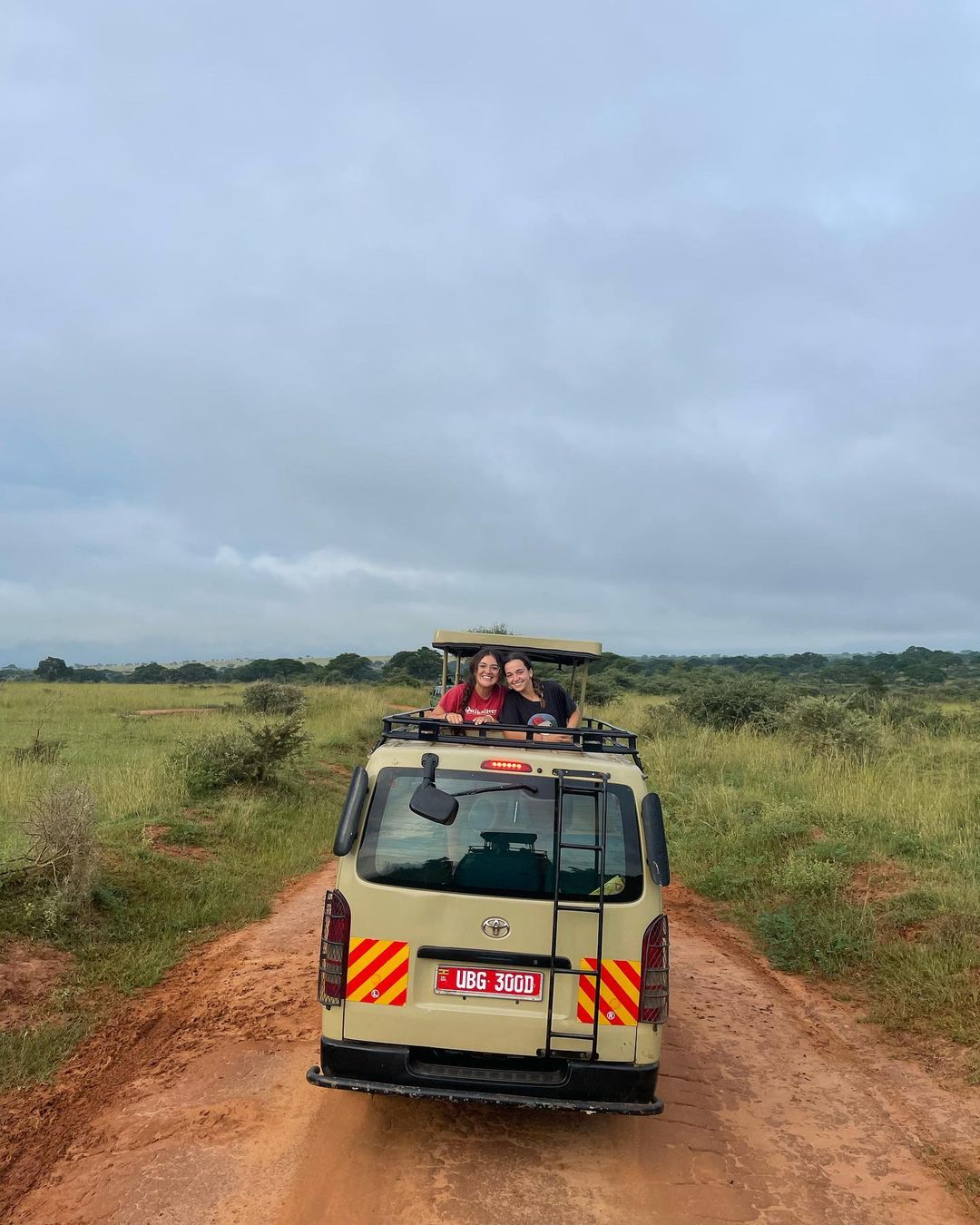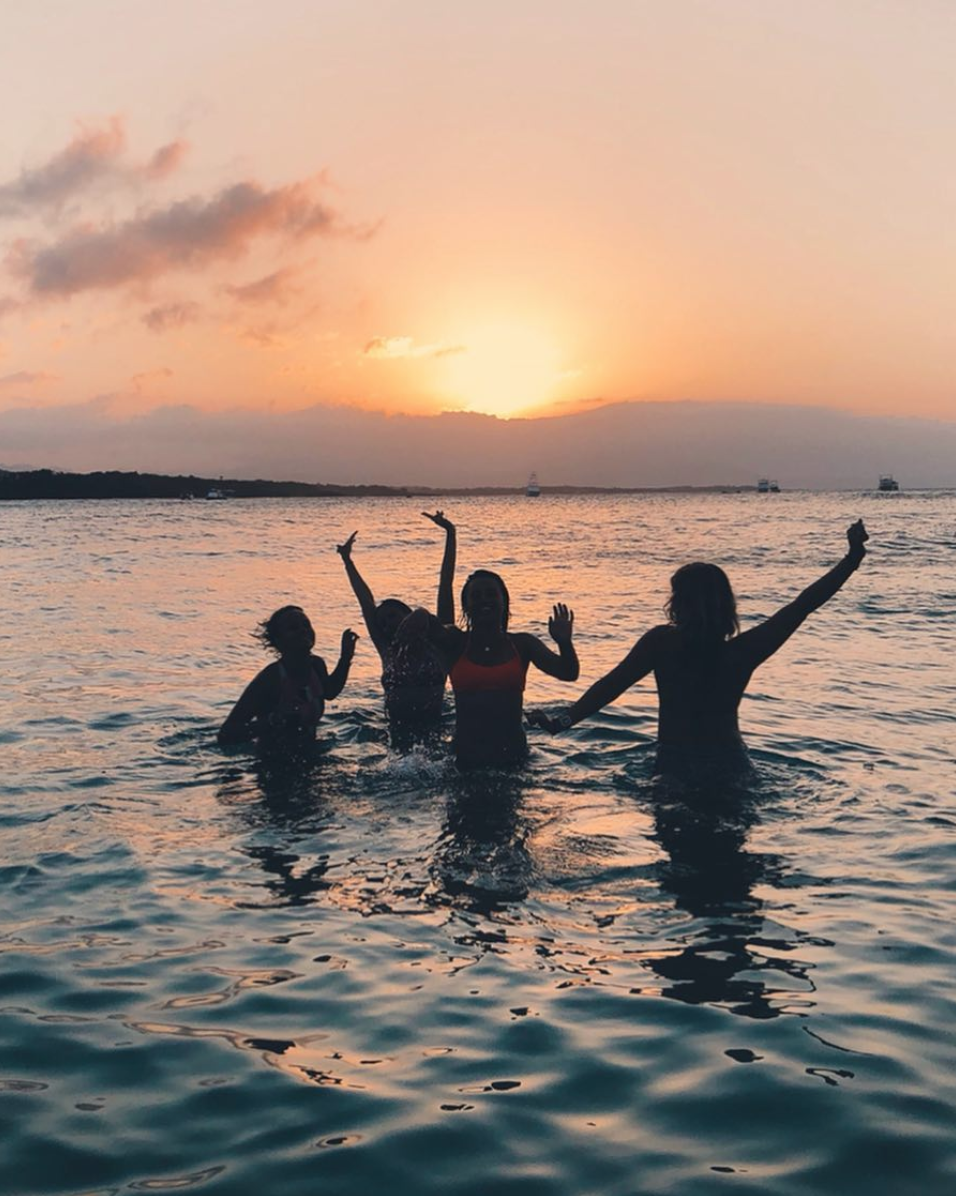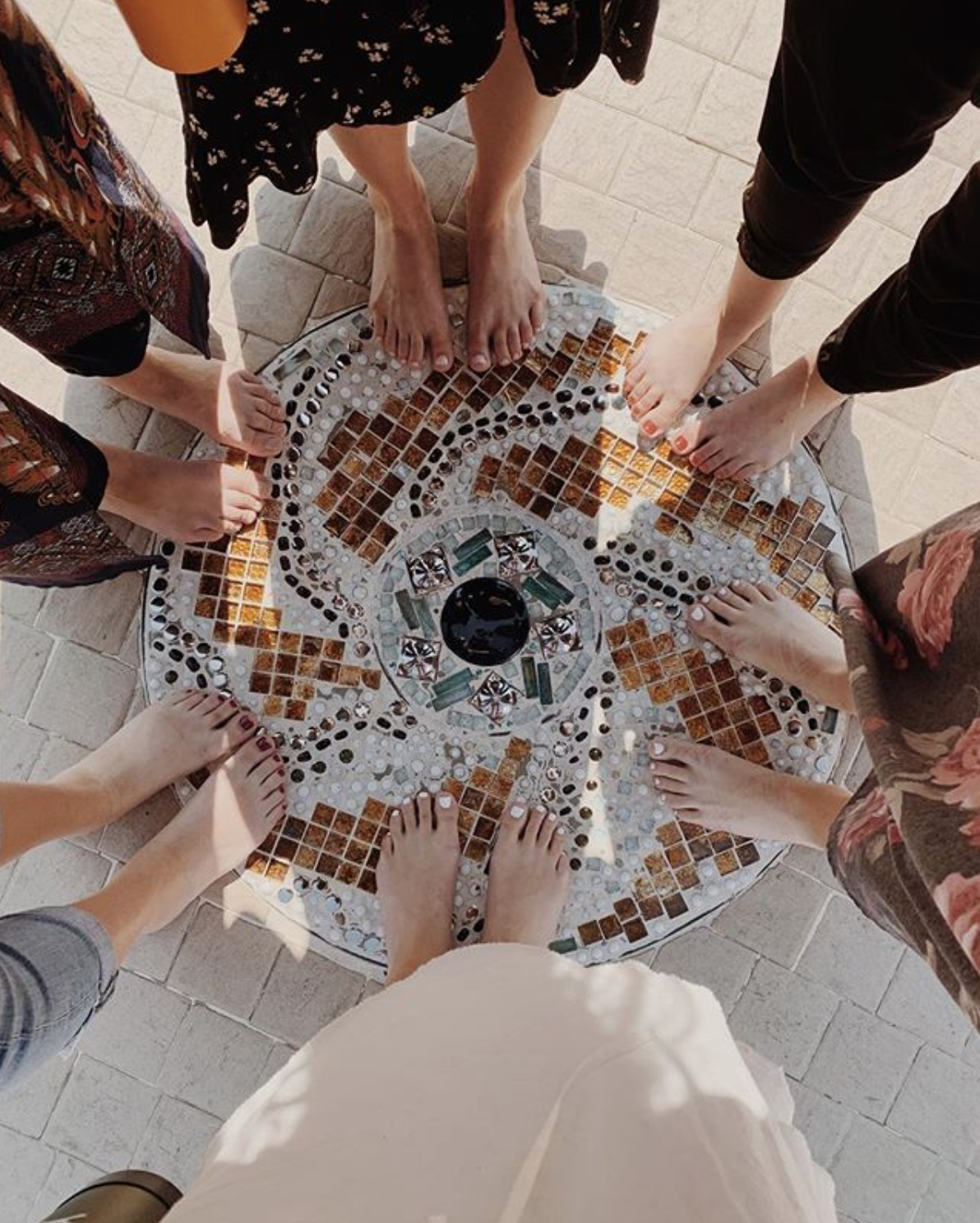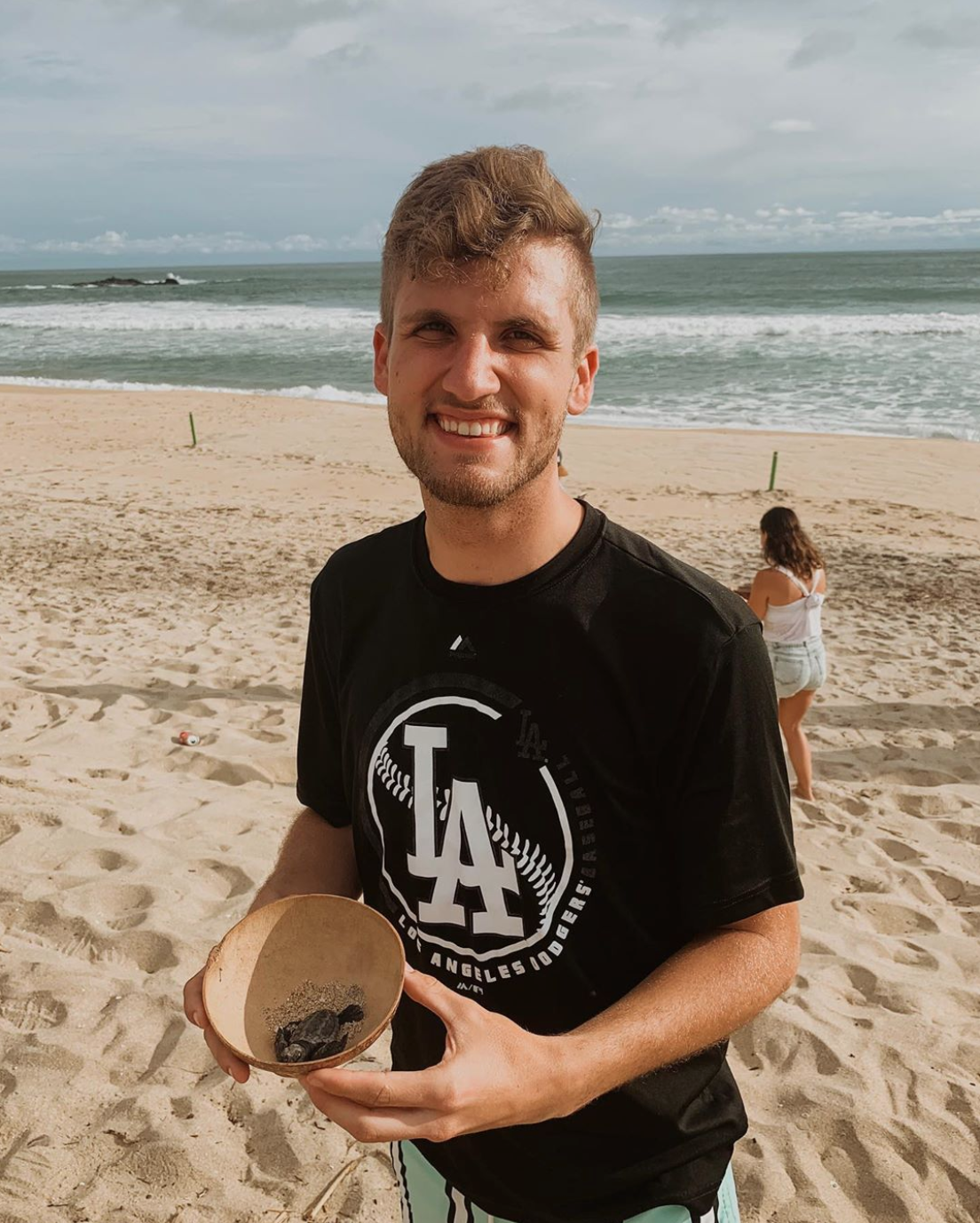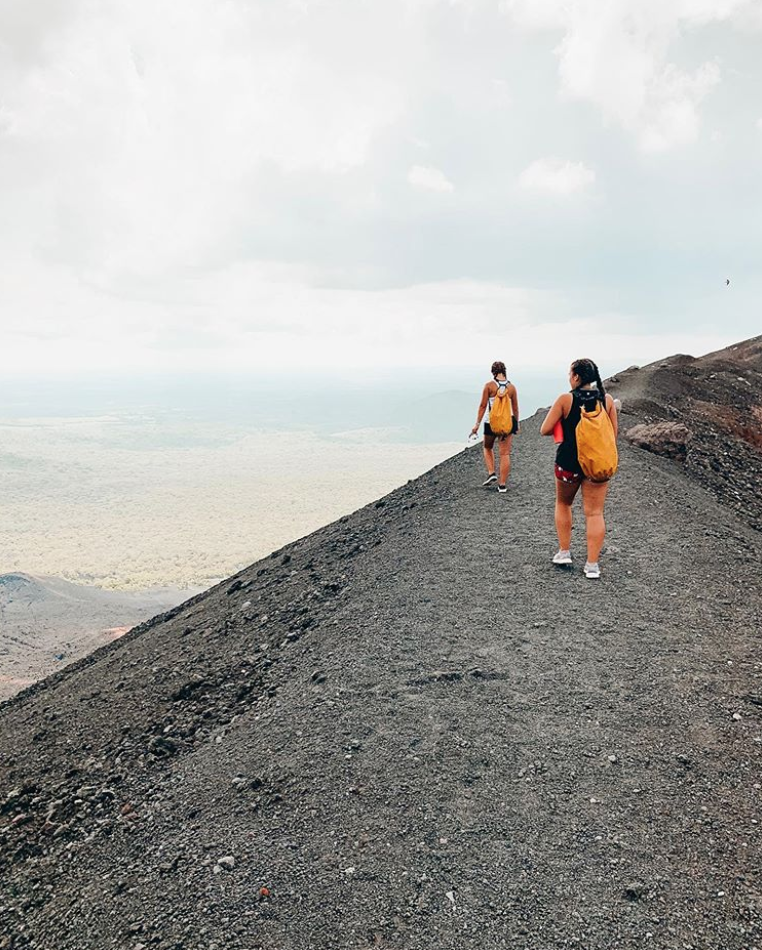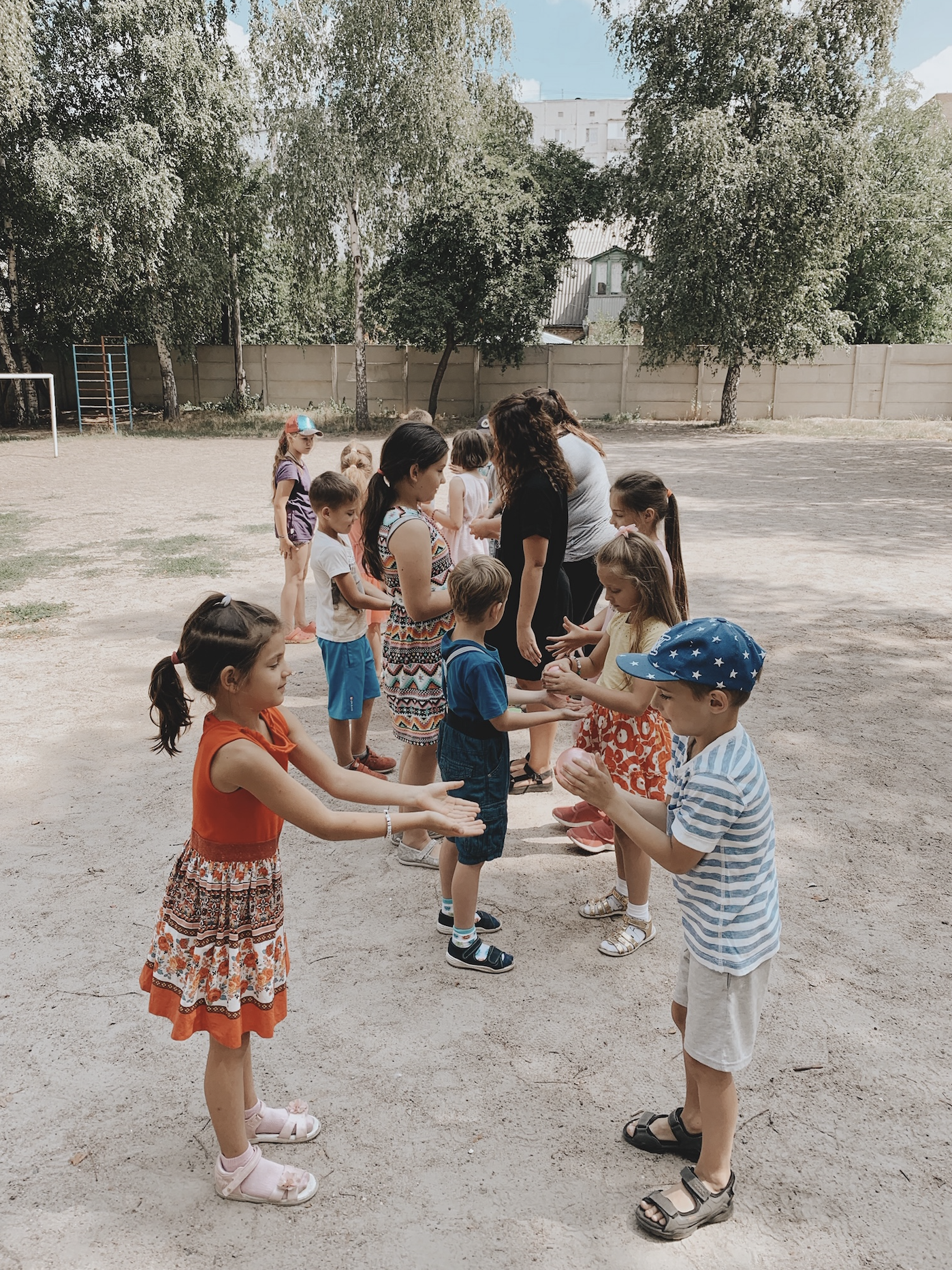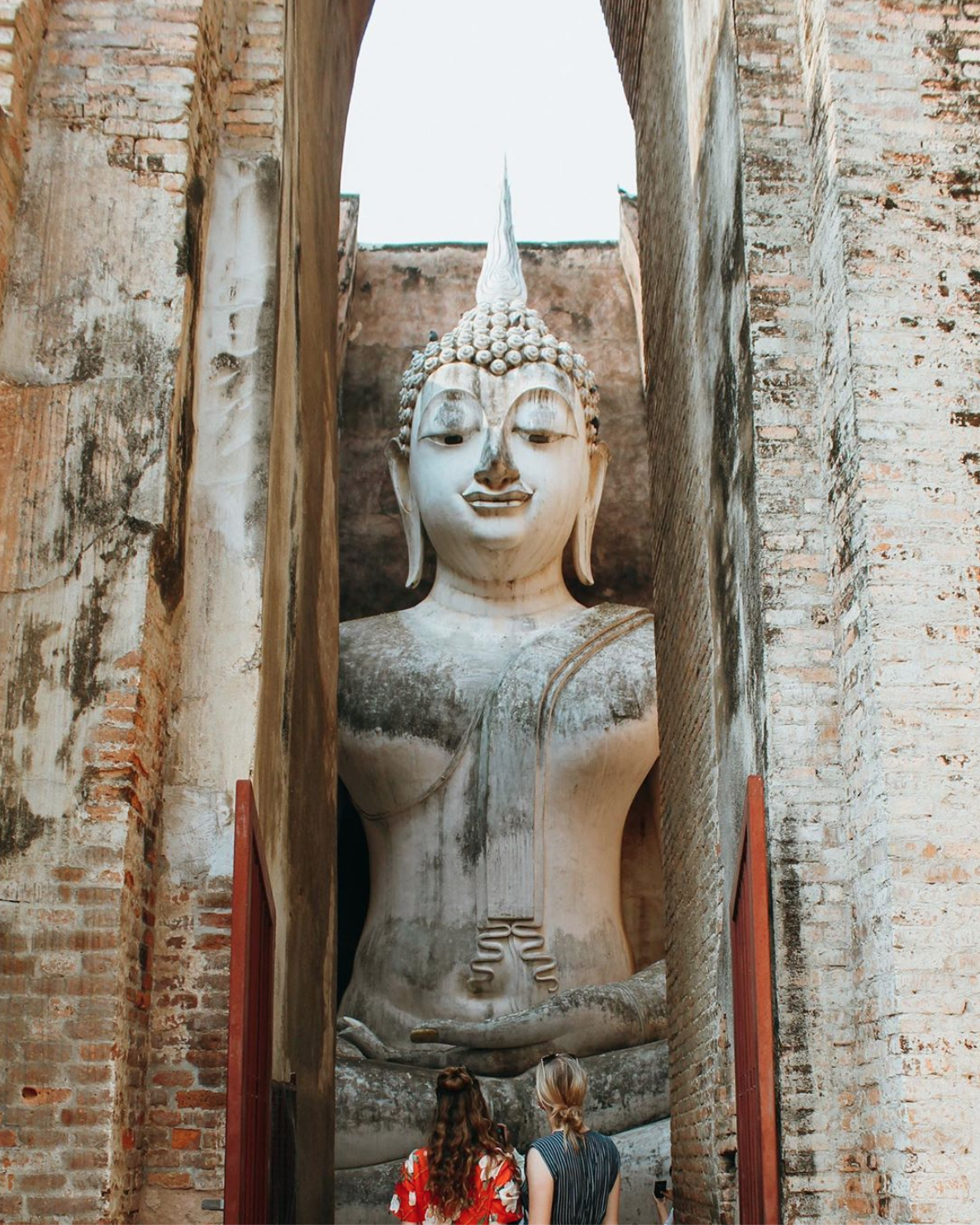
For our ILP volunteers who are living in Uganda for a semester, we love all the things to do in that country, but sometimes adding a new country to your "been there" list is just too hard to resist.
Are you heading to Uganda on your ILP trip? We cannot wait for you to experience everything Uganda has to offer! ILP volunteers in Uganda are visiting gorgeous lakeside getaways, trekking to waterfalls, visiting towering mosques, and participating in all sorts of service projects in their community, outside of teaching English. It's an unforgettable semester full of once-in-a-lifetime opportunities, including the chance to go on a safari to spot your favorite African animals.
Uganda's the place for you — get way more details about a semester in Africa here.
Every semester, ILP groups head out to sweeping plains to spy elephants in the tall grass or even big cats up in the trees. Going on a safari absolutely is something that has to be a part of your time in Africa, but as an ILP volunteer, you can choose to safari in Uganda or head over to nearby Kenya for that adventure.
We have a few tips and pointers about your Kenyan safari (and some things to consider) if that's going to be a part of your ILP experience.
- Going On Safari In Uganda Or Kenya?
- All About A Safari In Kenya
- Advice On Getting There + Other Tips
Going On Safari In Uganda Or Kenya?
First Things First
For ILP Volunteers in our Uganda program — Okay, right out of the gate, we want to say that there is an incredible safari experience right in your own backyard in Uganda. It's not like you have to travel outside of Uganda to go on the amazing safari of your dreams. There are several safari parks in Uganda, but our favorite is Murchison Falls (it's a spot almost every semester of volunteers go to, and the ILP team has also been to check it out – it's worth the hype).
This park is expansive, including 1,500 square miles of tree-filled plains and a river running through. While huge, your chances of seeing a lot of the favorite safari animals are quite high! There's a road that you'll follow from the park's entrance that leads on to the river, and many of the animals actually do hang out not far from the road. Some are running off in the distance, but you'll drive right by many others.
ILP groups have seen tons of giraffes and elephants, in addition to antelopes, wildebeests, buffalos, warthogs, baboons, tons of bird species, hippos, crocodiles, lions, and even a leopard or two if you're lucky. There is a nearby rhino sanctuary nearby that you can visit to see this protected species (after being hunted to near extinction, rhinos in Uganda now live in a protected reserve). You can actually trek on foot with a ranger to see rhinos here, which is such a cool experience! Just plan on making a stop at the Ziwa Rhino Sanctuary on your safari trip.
There aren't zebra in this particular park, but a lot of ILP volunteers love vacationing in Lake Bunyoni and you can spot wild zebra when you hike in the hills around the lake. So that's a great spot to consider if zebra are on your wishlist for your trip to Uganda.
Uganda Is A Lot Less Expensive
Another thing to consider is the cost. You'll be able to pack in a safari experience in Uganda for a lot less than a safari in Kenya — all in all, it's about half the cost (or more) in Uganda than it will be if you're taking a trip over to Kenya.
For one, travel costs are a lot less (and there are no visa fees since you're not leaving the country). Uganda is a less expensive safari option when compared to the hype of the parks in Kenya, which typically cater to more affluent travelers. ILP volunteers have done a safari in Kenya in the past and loved it, but if you're watching your budget, know that most volunteers safari in Uganda, have zero regrets, and save at least a few hundred dollars.

All About A Safari In Kenya
... But, if seeing Kenya is on your dream list and you've got a little more room in your budget, we have all the tips from an ILP group or two that did just that (with rave reviews).
Which Park?
Masai Mara, Kenya is the obvious choice. It may be the most popular safari location in Kenya, located in the southwest corner of the country. It's a vast park of plains, spreading over 1,500 kilometers. Aggressive wildlife conservation efforts in Masai Mara have supported dozens of animal species you may spot while on safari here. You can find animals like lions, cheetahs, elephants, rhinos, wildebeests, giraffes, and zebras in this impressive park. Part of the popularity is the chance to visit the local Masai tribes who also call this area of Kenya home.
The Masai Mara area is broken up into a few sections. The Masai Mara National Reserve is the largest area and is home to the highest concentration of animals. This is where you'll likely safari. Some guides add on a visit to the Mara Triangle (for an added cost, on longer safaris) which is found on the west side of the Masai Mara — some guides say this is the most beautiful spot. It's often less crowded but a great opportunity to see the animals. A large section belongs to private reserves, groups of private luxury lodges that own private conservatories. It's an option to stay at the lodges and safari around the private land (owners likely have a good idea of where the animals typically are during the day), but it comes with a price — this is the most expensive option, by far.
What Will I See?
Like any safari experience, nothing is guaranteed (though I will guarantee you'll see something ... it's just not a good idea to have expectations of seeing a pride of lions or a cheetah race around for its dinner). However, so many animals call the park home, plus you're going with experienced guides who know where everyone likes to hang out. You can find a list of the animals found in the park, here.
If your trip is like this ILP group's trip, you may see — "elephants, giraffes, lions, hippos, crocodiles, cheetahs, zebras, antelope, hyenas, warthogs, and water buffalo. They also took us to a local Masai tribe and they taught us about their culture. HIGHLY recommend it! We got to have a jumping contest with the tribe as well." (If you're interested in visiting the local tribe, that's something to see if your tour operator can add to your safari experience).

Where To Stay?
There are several places to stay for your safari experience. There are a spread of lodging options located within the park, from budget to luxury options — staying in the park is the most expensive option (sometimes visits can hear the rumbling roars of a lion pride or the calls of a cackling hyena at night!). However, there are more economical lodging options just outside of the park. Talek, Keekorok, or Kawai are found right outside of the Masai Mara Park.
If you want to know what past ILP groups have done, here's the info — Groups stayed at the Keekorok Lodge (meals and water were included). One of the pulls of this place is the nearby "hippo bar" which has a boardwalk around the grounds that overlooks a pond where you can spot hippos and crocodiles just hanging out. This group did a 2-day tour option, where you left early in the morning and got back in the afternoon on both days.
Picking A Tour + About The Cost
There are TONS of operators who are willing to take you on a safari in the park. ILP groups mention that you'll want to price shop and look for tours that can pick you up (and drop you back off) in Nairobi, just to make things a bit easier. You'll also want to check out the included lodging and meals (recommended unless you want to figure out breakfast, lunch, and dinner in between safari plans). You can take a look at safari prices and schedules here, on the official website (but there are several operators organizing safaris in the park). You'll notice a range of prices, from budget to luxury. Typically, the more people in your group, the more affordable the package is, which is a perk of traveling with your ILP group!
In general, traveling in Africa is marketed towards more affluent travelers, but there are more budget-friendly options available. You can check prices on things with your Ugandan staff as another way to check if the price is right.
If it helps, ILP groups spent around $750+ for a 2-day safari trip in Kenya. That included transportation costs (by bus), visas, and staying just outside of the park in Keekorok, rather than staying in the park. Obviously, that can skyrocket if you fly instead of taking the bus, stay in nicer accommodations/stay in the park, have more safari days, add on more excursions, etc. A safari for ILP volunteers in Uganda is about half of that.



Advice On Getting There + Other Tips
By Bus
This is the option one ILP group took. Here's what they said 'We took the Mash Poa bus from Kampala to Nairobi. You have to buy your tickets in person with cash. It was supposed to be a 12-hour bus ride but with traffic, it was a 16-hour bus ride; we did a night bus. From there we met up with our drivers at a cafe in Nairobi who drove us down to Masai Mara. We had two separate vans." There are regular economy, business class, and VIP bus tickets available — prices are 65,000 shillings to about 100,000 shillings each way. It's time-consuming, but it's the most affordable option by far.
By Plane
You could also fly. You can find regular flights from Entebbe to Nairobi, but it's much (much) more expensive than taking the bus. You can get a 2ish -hour nonstop flight to Nairobi for about about $300+, plus transportation from where you live to the Entebbe airport.
You Will Need A Visa
No matter how you're getting to Kenya, you need a visa. You can get this online for about $50. Make sure you plan ahead in case there are hiccups in the processing time.
On the way home, you will need to get a new visa to re-enter Uganda. ILP handles your Ugandan visa for entering the country, but that visa will be invalid once you leave the country to go to Kenya. It is your responsibility to receive and pay for your re-entry visa. Apply for your re-entry visa several weeks in advance before your re-entry date, if possible. The process can take as long as 2 weeks, so we suggest applying for your Uganda visa at least 3-4 weeks before you need to re-enter the country. It’s $50, and pretty easy to apply online.
If you are traveling by bus, you can get your Ugandan visa at the border. Just know they only take US cash.
It is your responsibility to apply for your visas and make sure you understand the most up-to-date requirements. Plan on budgeting about $100 for the required visas to visit Kenya and come back to Uganda.
When Should I Go?
Another pro to coming to Kenya for a safari is to witness the great migration. Every year, 1.5 million wildebeests trek from the Serengeti to the Masai Mara area — it's an incredible thing to witness. If you'll be volunteering and have vacation time to head to Kenya from July to October (possibly Summer and Fall semesters), you may be convinced to safari here to see a portion of the migration. Prices are the highest for this season (often double), and lodging needs to be booked months in advance, but if you can make it happen, it's a rare opportunity!
November and February are also high season safari months where prices are higher (not as high as the migration months) but still on the higher side.
March to May are the low season months. The grass is higher, thanks to the heavy rains, and it can be harder to see the animals, but it's still a great time to go (and snag a less expensive price).

This could be you next semester!
You don't need to be an experienced teacher or even want to become a teacher to be successful in our program. We're looking for college-aged volunteers who want to travel, serve abroad, and start a challenging (but rewarding) experience in Africa.
Sound like you? Get started by filling out an application!


